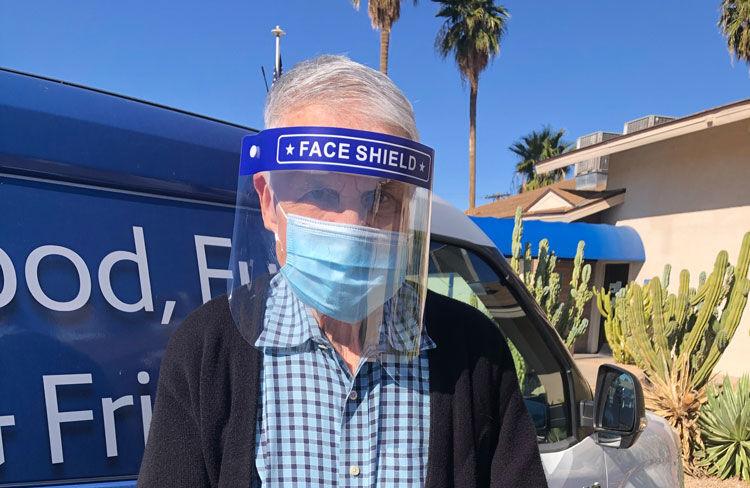The perpetual labor headache didn’t get any easier when the pandemic hit. For senior care franchises such as Golden Heart Senior Care, the issues were amplified by the vulnerability of its core clients.
“The people we serve are very frail and at high risk for COVID, so it was tremendously important to maintain safety for our caregivers and clients,” said Golden Heart President Craig Bass. “And related to that, people don’t want to go to nursing homes to begin with. The investment to stay in your home as long as possible became magnified.”
That led to a lot of intersecting new issues. There was a surge of interest from seniors and their families to get in-home care instead of go to a nursing home, where the virus had a dismal impact. That meant a surge in service requests and revenue—one good issue to have. Employment, however, turned upside down. Many of the people Golden Heart Senior Care franchisees employ faced the full brunt of unforeseen COVID-19 effects.
“The in-home care industry, it used to be hard to find clients but easy to find caregivers. Now our big challenge is finding the caregivers to provide help. When you think about what you saw on the employment side, it was tricky,” said Bass. “There was a fear of the pandemic, but many caregivers were also impacted by closed schools, virtual schooling and government limitations on travel or curfews, things like that.”
As stimulus money came, it brought more complications. He said he fully supported the help, but it meant some new math for caregivers: do they stay at work to pay for new childcare costs or stay home? Franchise owners reported more no-shows, fewer applicants and higher demands for wages from those who wanted to remain at work.
For the truly essential work owners and caregivers do, those were some real challenges, especially in spring 2020 when there was so much confusion and fear. Bass said a few things really helped: robust training, extra recognition, a few new procedures and a little leeway.
“There was a lot of fear, and fear comes from a lack of understanding. So, the first thing you gotta do is educate people. We went through a lot of that early on,” said Bass. “Everyone was learning, so there was a lot of time and energy spent by our franchise owners to know and understand their risk and protect themselves from that risk. Not only as a worker or employee, but as a person.”
Part of that was some reinforcement of the CDC guidelines the company already followed. Another set of reminders around how to properly use personal protective equipment (included in caregiver COVID kits) and implement infection control gave some peace of mind to both caregivers and clients and assuaged some of that fear.
New screenings for caregivers, including a virtual wellness screening with a temperature reading, affirmation that they don’t have symptoms or close contacts that were sick was a key new procedure as well. Bass said the company was able to tweak its core software to include those screenings within two days of the mass shutdown orders. The company also gave franchisees tools to do safer scheduling and incentivized getting vaccinated. The former, Bass said, allowed caregivers to have both a more consistent schedule to deal with home-schooling or other pandemic issues but also reduced the number of interactions with numerous clients. The latter meant safer clients as vaccines began to roll out.
Emphasizing just how essential caregiver staff are was hard to measure but personally impactful.
“One of the things we did right out of the gate was make sure our employees made sure they were essential staff and crafted, for our franchise owners to give their employees, a letter of passage that said, ‘I’m a caregiver and I have a senior person in need,'” said Bass, who said no caregivers actually had to use the letter, but it was nice peace of mind.
While nobody wanted to call it hazard pay given the utmost focus on safety, there were also some monetary perks from franchisees.
“All our franchise owners came up with a lot of different strategies. We don’t dictate how they compensate their staff, but there was a lot of creativity. It was thank you bonuses thank you gifts—the creativity was one thing we really liked seeing,” said Bass. “It was about saying, let’s be fair, and let’s be as generous as we can.”
That came with a little extra leeway for caregivers who were rightfully scared. Bass said franchisees brought back a few caregivers who initially quit. In all, he said the company and franchisees got through those complications and tribulations by recalling how their service really did help keep vulnerable people at home—one of the best ways to minimize COVID-19 transmission.
Article from Franchise Times